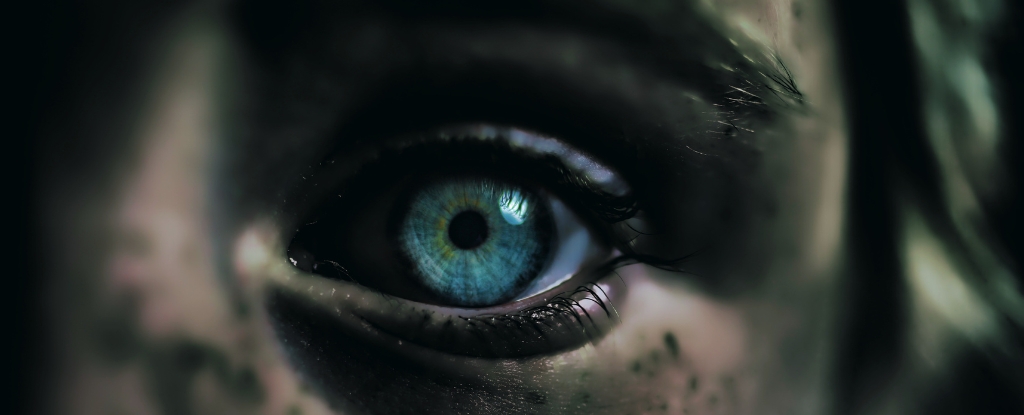Nightmares could be an early warning system for the onset of in the brain. A new study led by University of Cambridge public health researcher Melanie Sloan has found that bad dreams are one of the most common and early signs of a lupus flare-up. In an online survey of 676 patients with – technically known as systemic lupus erythematosus (SLE) – roughly a third of patients reported disrupted dreams in the year before other disease symptoms emerged.
The findings add to that dreams and the brain's immune system are somehow intertwined. "We have long been aware that alterations in dreaming may signify changes in physical, neurological and mental health, and can sometimes be early indicators of disease," neurologist and study author Guy Leschziner from Guy's and St Thomas' Hospitals in London. "However, this is the first evidence that nightmares may also help us monitor such a serious autoimmune condition like lupus, and is an important prompt to patients and clinicians alike that sleep symptoms may tell us about impending relapse.

" SLE is a lifelong autoimmune disease of that most often starts between the ages of 15 and 45. Every few years or so, it triggers intermittent flare-ups of painful joints, , chest pain, fatigue, or hair loss. Not everyone with SLE develops neuropsychiatric symptoms during these flares.
But for the , diagnosis and treatment is challenging, as symptoms like nightmares and hallucinations are subjective and many patients are hesitant to discuss them. P.























